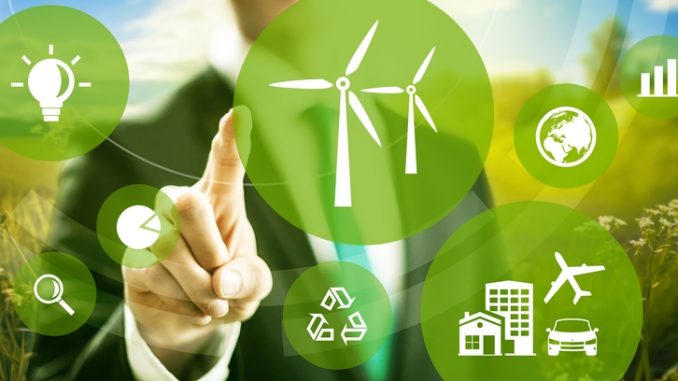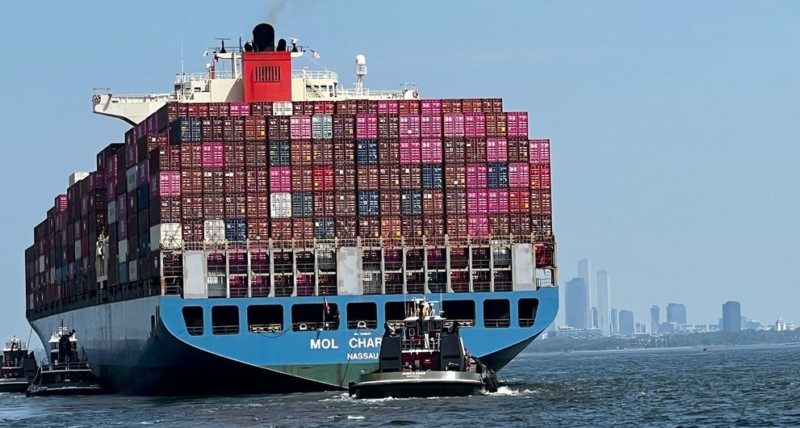The international conference on the « Power 4 Material » project, funded by the European Union, concluded yesterday in Oran. The University of Science and Technology of Oran “Mohamed Boudiaf,” represented by the ALCIM research laboratory—one of the project’s main partners—took part in the event.
Launched in February 2024 and running until January 2025, the project is supported by €84,000 in EU funding. Its goal is to transform training and employment pathways in sustainable marine sectors through capacity-building programs, support for scientific research, and the promotion of innovation, according to the university’s vice-president for external relations.
She noted that the ALCIM lab is participating in the project alongside other institutions from Italy and Africa, emphasizing that this cooperation aims to provide cleaner energy alternatives that are less harmful to the marine environment.
The speaker stressed that the project aligns with public policy priorities of Mediterranean countries—particularly in achieving carbon neutrality. She pointed out that the fuel used by commercial, tourism, and fishing vessels is among the primary sources of pollution in the Mediterranean.
As such, the project’s main objectives are to:
- Propose an environmentally friendly alternative fuel
- Raise awareness among maritime stakeholders about the importance of the energy transition
- Encourage the adoption of this vision by sector users by integrating research and practical solutions.
After 20 months of work, the project has also resulted in two additional proposals. One involves the digitalization of ports, which the deputy director described as a complement to the Algerian government’s digital transformation and governance efforts promoted by the President of the Republic.
The project also aims to:
- Modernize ports to support their development
- Promote energy efficiency
- Support scientific research in the areas of digitalization and renewable energy.
This initiative is seen as a model for Euro-Mediterranean partnerships for sustainable development. It encourages investment in human capital and scientific innovation, engaging universities and research labs in shaping future environmental and economic policies.
Source: lapatrienews




